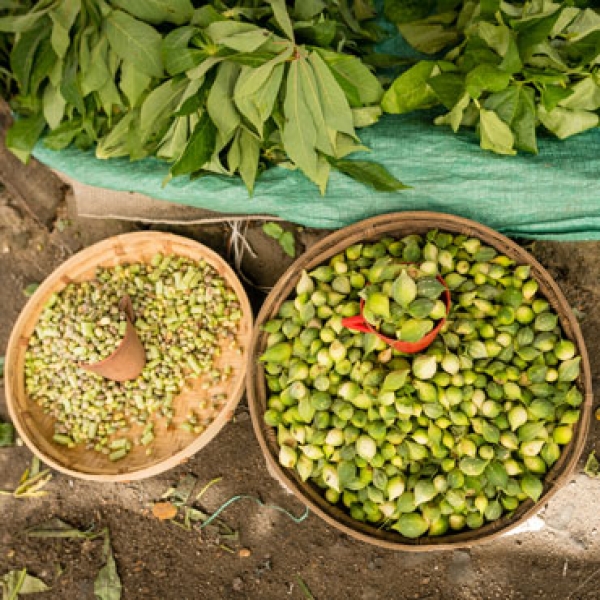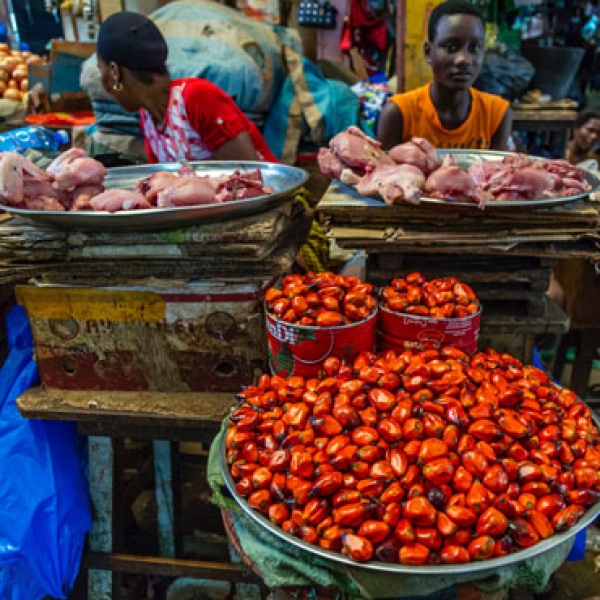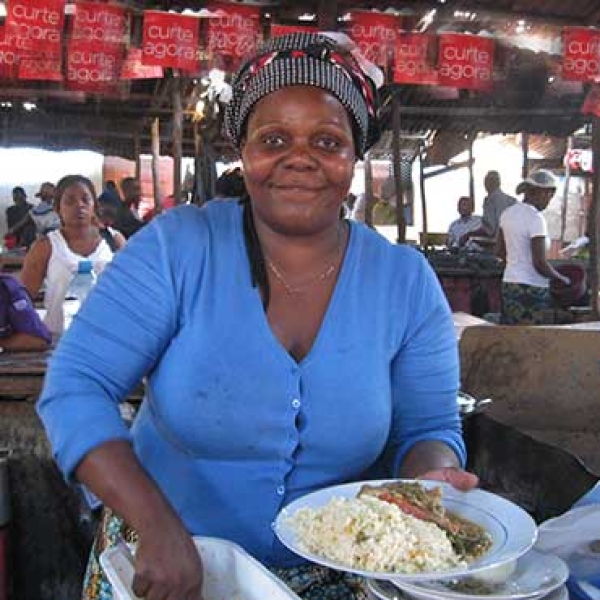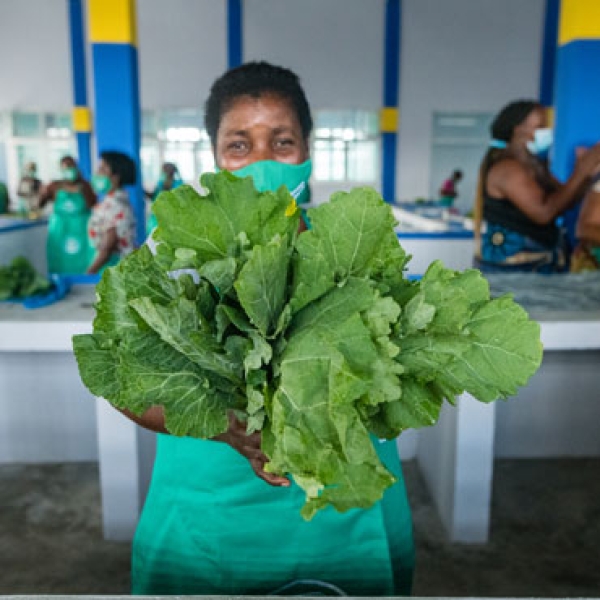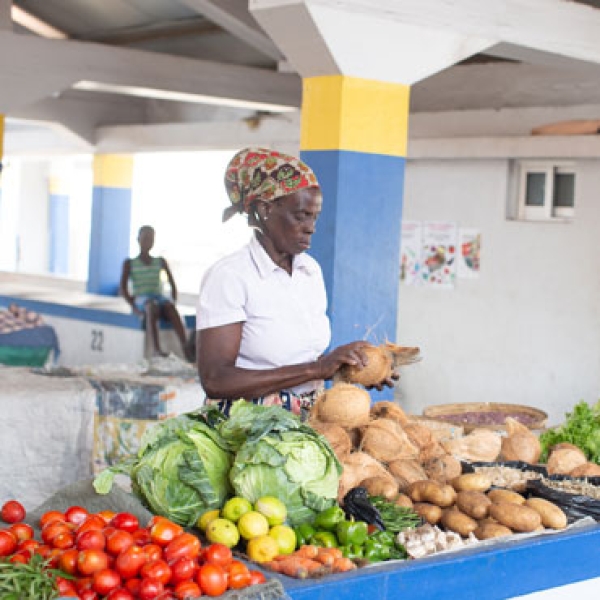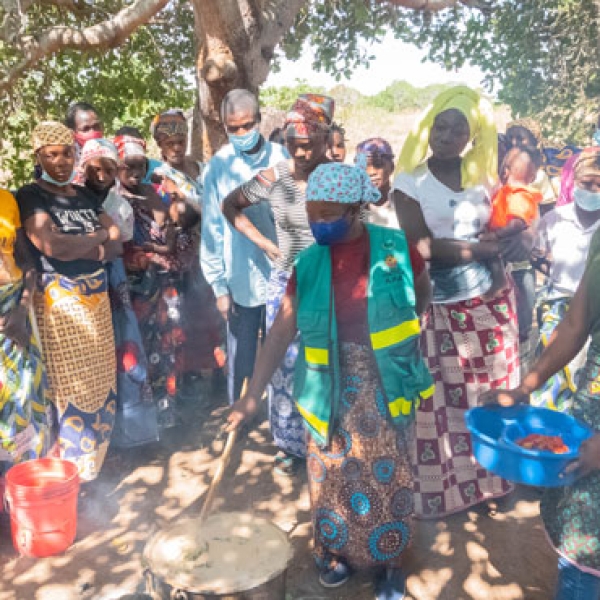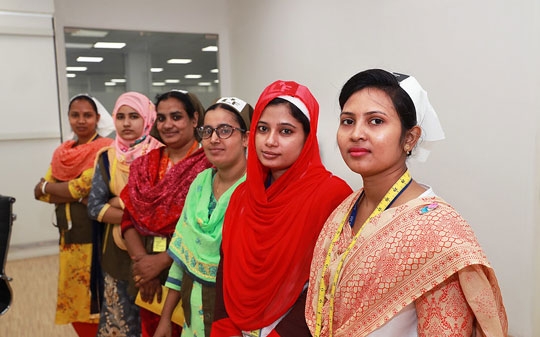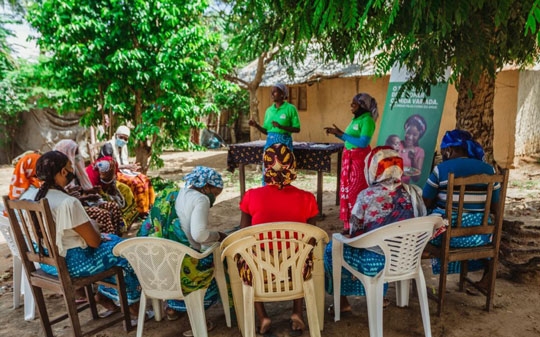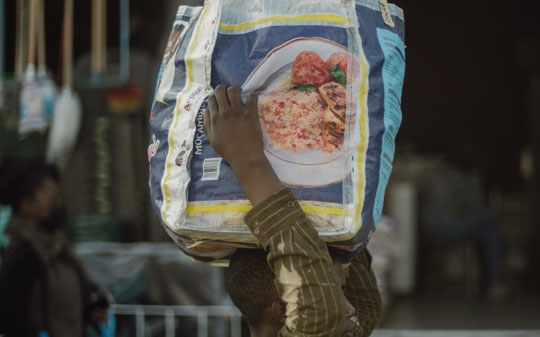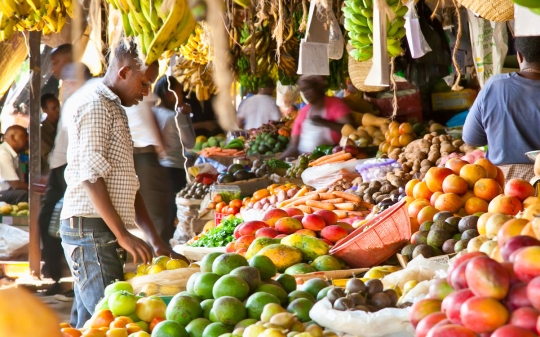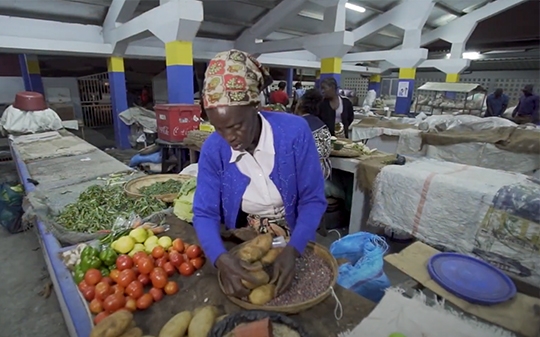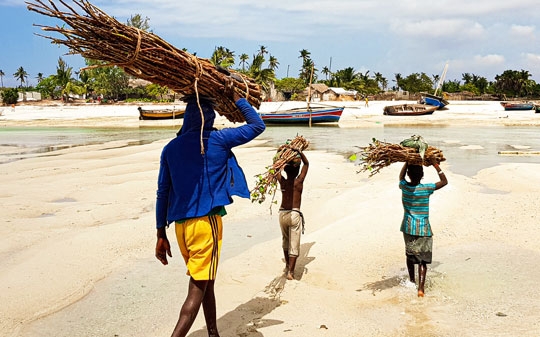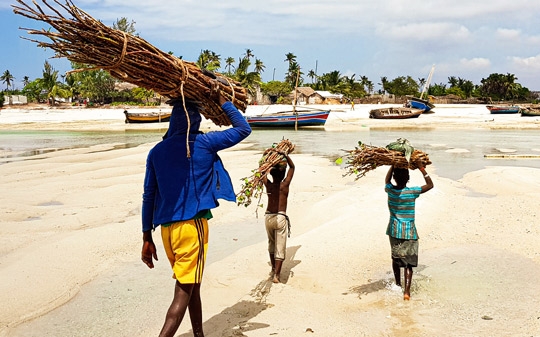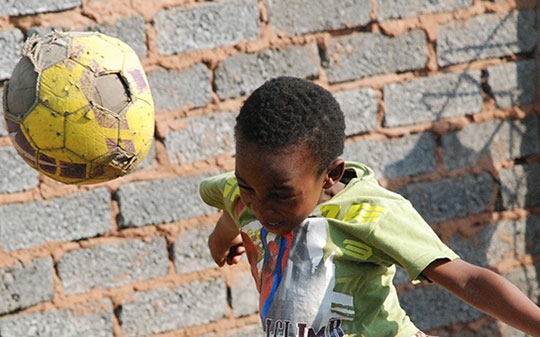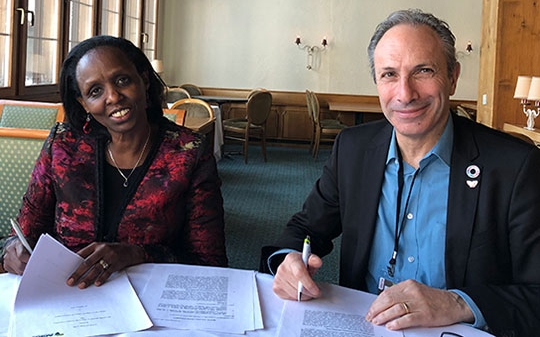Despite a gross domestic product growth of over 2.2% in 2021, Mozambique’s population, of almost 31.6 million, remains one of the most vulnerable in the world, ranking 185 out of 191 countries in the 2021/2022 Human Development Index of the United Nations Development Programme (UNDP).
According to the Cost of Hunger (2017), the country loses close to 10% of its annual GDP ($1.6 billion) due to chronic malnutrition. According to the GNR 2015, in Mozambique, 69% of children 6-24 months of age suffer from vitamin A deficiency and 44% of women of reproductive age are anaemic. Such micronutrient deficiencies, also known as "hidden hunger", lead to high social and public costs, reduced work capacity, and tragic loss of human potential.
Although, according to the outcome of the 2022 Post Harvest Food Safety Assessment, acute food insecurity decreased from 13% to 10% of the population in Mozambique, the same report states that only 38% of the population can satisfy their food needs but must resort to survival strategies to meet their non-food needs.
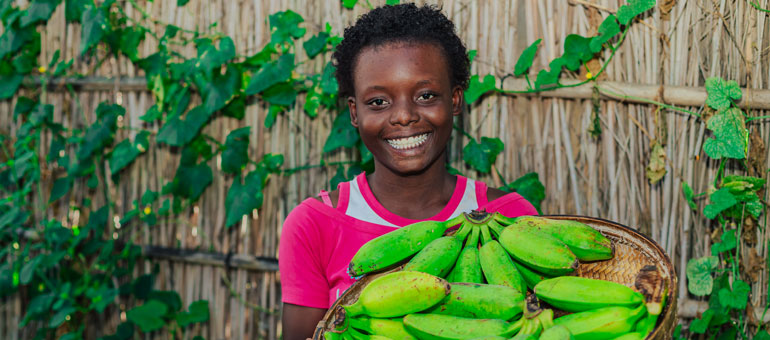
Food production is one of the largest victims of climate change and environmental degradation - in the last 3 years Mozambique was impacted by at least 2 cyclones per year that have severely impacted the food production sector. © GAIN / Frederick Dharshie
One of the main reasons leading to the above is related to how the Mozambican Food System works.
Closing the food systems gaps is paramount to improving nutrition. Yet, food systems and supply chains are facing a triple threat due to COVID-19, conflict in Ukraine, and climate change, which have significantly worsened the levels of malnutrition and hunger, thus our food systems need to change if we are to reverse these trends.
Mozambique faces a triple burden of malnutrition
- Poor diets (76.4% of the population did not have a healthy meal in the 12 months prior to the survey) are the number one driver of ill-health and early mortality around the country and undermine the life chances of all.
- Food production is one of the largest victims of climate change and environmental degradation (in the last 3 years Mozambique was impacted by at least 2 cyclones per year that have severely impacted the food production sector).
- COVID-19 pandemic and political and social instability increased inequalities and worsened the scale of the nutritional challenges, particularly for women and children (according to the latest Integrated Food Security Phase Classification (IPC) analysis, nearly 1.9 million people are experiencing high levels of acute food insecurity (IPC Phase 3 or above) in Mozambique, including almost 40,000 people in an emergency (IPC Phase 4). About 71% (1.3 million people) of these people are in four provinces: Cabo Delgado, Niassa, Nampula, and Zambezia.
GAIN’s contribution
The Global Alliance for Improved Nutrition (GAIN) is a Swiss-based foundation launched at the United Nations in 2002 to tackle the human suffering caused by malnutrition. Due to COVID19, conflict in Ukraine, and climate change, malnutrition and hunger have worsened significantly since 2019, reversing a decade of progress.
There is growing recognition that our food systems need to change if we are to reverse these trends. Mozambique is one of the countries impacted by malnutrition. GAIN’s Strategy aims to transform food systems to make healthier diets from sustainable food systems accessible to all people and especially those who are most vulnerable to shocks.
By 2027, we aim to improve the access of 1.5 billion people to nutritionally enhanced staple foods, improve the access of 25 million people to healthier diets, and support positive food system change in 10 countries. This is bold and complex, and the only way to achieve this is to work together with partners including governments, businesses, and civil society at the country and global level. These goals, and the ways of achieving them, build on our twenty-year legacy of transforming people’s lives with improved nutrition through concerted action and effective policy change.

We design and implement programmes that seek to empower the most vulnerable, working with organisations that help us achieve our goal of improving food systems. © GAIN / Frederick Dharshie
In Mozambique, we have been implementing projects since 2011 and have had our local representation (including offices) since 2013 in the provinces of Sofala, Nampula, Cabo Delgado, and Maputo city. We work closely with the government, private sector, and other partners to support the uptake of healthy diets sourced from sustainable food systems.
In Mozambique, we are focusing on the provinces facing the highest burdens of malnutrition (Nampula, Cabo Delgado, Sofala, Zambezia, and Manica). We design and implement programmes that seek to empower the most vulnerable, working with organisations that help us achieve our goal of improving food systems aligned with and complimentary to the Government Quinquennial Programme, the Multisectoral Action Plan for the Reduction of Chronic Undernutrition 2011-2020, and the Sustainable Development Goals.




